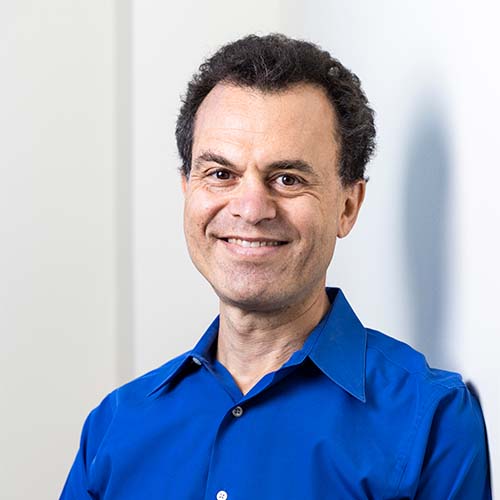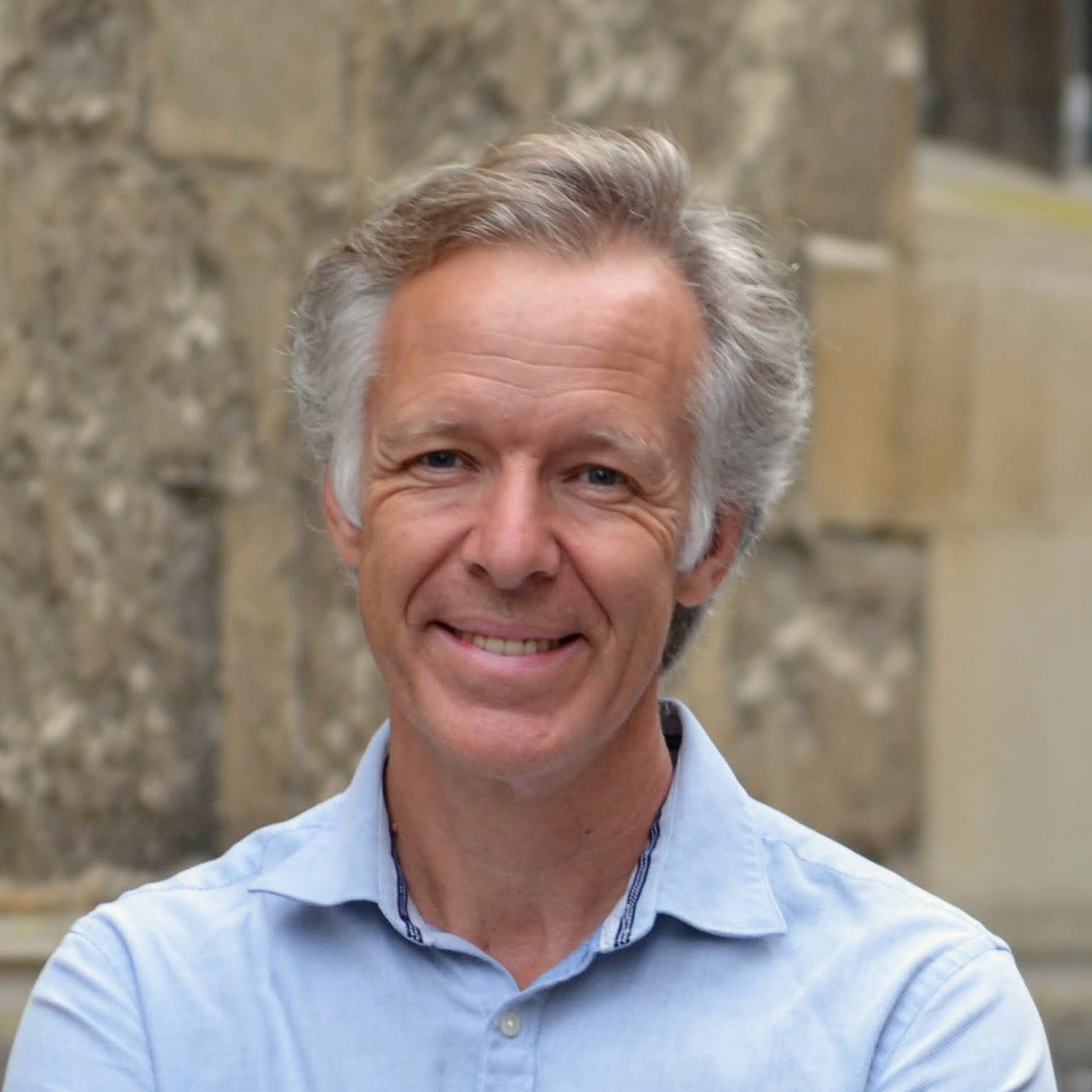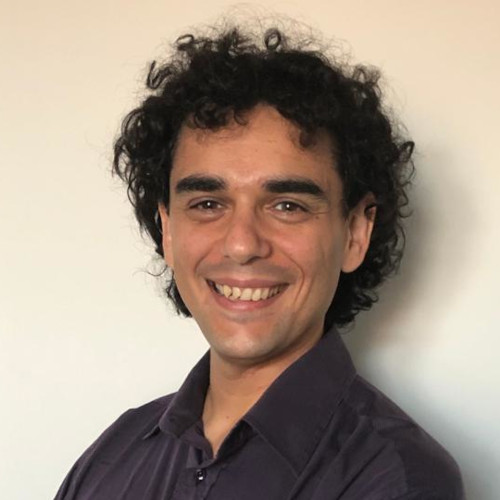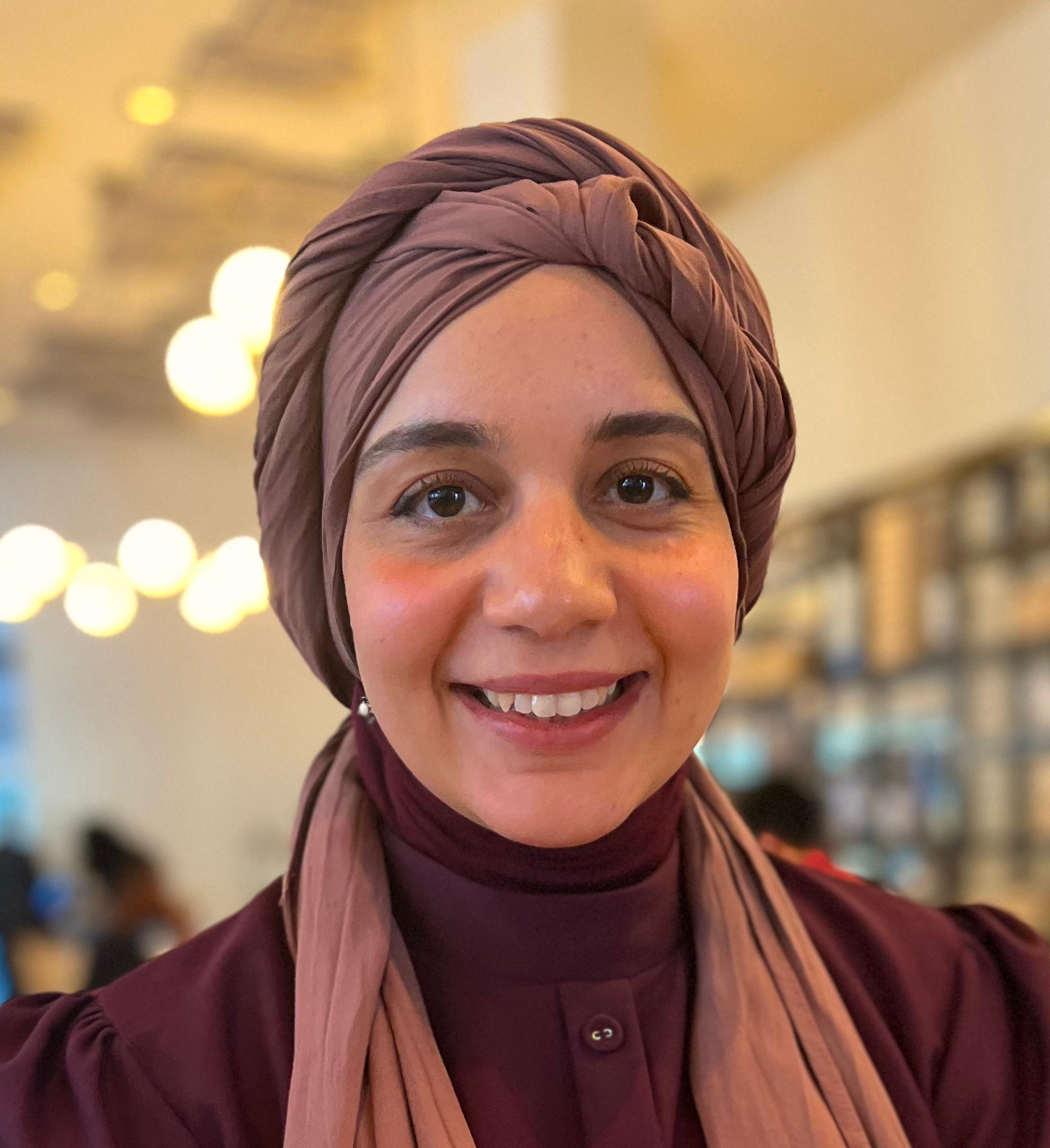George Mason University, USA
Title: From Neuron Classification to Spiking Neural Network Simulations: A Neuroinformatics Approach to Data-Driven Computational Models
Abstract:
Biography: Giorgio A. Ascoli received a Ph.D. in Biochemistry and Neuroscience from the Scuola Normale Superiore of Pisa, Italy, and continued his research at the National Institutes of Health in Bethesda, MD, to investigate protein structure and binding in the nervous system. He moved to the Krasnow Institute for Advanced Study at George Mason University in 1997, where he is Distinguished University Professor in the Bioengineering Department and Neuroscience Program. He is also founder and Director of the Center for Neural Informatics, Structures, & Plasticity, a transdisciplinary research group that includes biologists, physicists, psychologists, computer scientists, mathematicians, engineers, and physicians. Dr. Ascoli is founding Editor-in-Chief of the journal Neuroinformatics and an editorial board member of several other international journals. He serves on the advisory board of numerous scientific organizations and is Past President of the Potomac Chapter of the Society for Neuroscience. Dr. Ascoli contributed to the establishment of the fields of computational neuroanatomy and neuroinformatics. His own laboratory investigates the relationship between brain structure, activity, and function from the cellular to the circuit level. Dr. Ascoli’s research was described in textbooks and in the national press, and his 2015 book “Trees of the Brain, Roots of the Mind” was published by MIT Press. He received the 2012 Outstanding Faculty Award of the State Council for Higher Education of Virginia and was elected AIMBE fellow in 2022. Dr. Ascoli won the Beck Presidential Medal for Excellence in Research and Scholarship as well as the NIH/FASEB DataWorks!Challenge ‘Distinguished Achievement Award’ in 2023.




